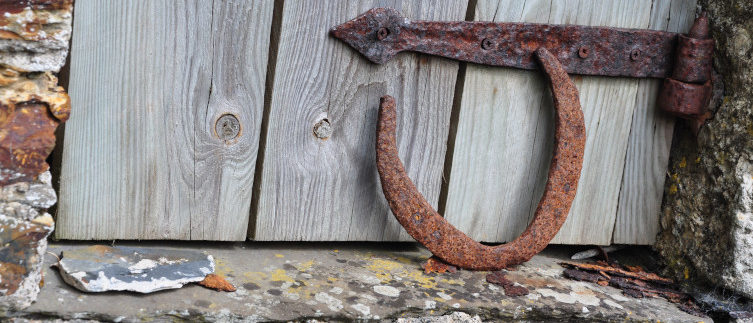I, like many people, try to live my life in an ethical way. “Harm none” is the highest I can aspire to, and it is frequently not met at the end of the day, not because of the deliberate actions I took, but because the choices I made were between two things that weren’t a win to begin with.
For example:
- Food: Buy local, even though it isn’t organic? Or organic, shipped from who-the-heck-knows-where? Buy local or buy fair trade? Buy organic, or spend less on food?
- Charity: Do I give a dollar to the person holding a sign saying she’s hungry and out of work? Or to a national corporation that has offices, staff, and a 40% administrative budget (which means only $0.60 of my dollar goes where I want it to)? Even then – who do I give to? Organizations that focus on women’s rights like fair pay, reproductive freedom, or politics? How about Pagan groups that are trying to create community in various ways and places so that we are not a faceless (ignorable) groups? Or perhaps those that fight for people’s rights – no matter gender, race, or religion?
- News: Whether print, electronic, or TV – news sources are getting more and more dramatic and less and less factual. Stories rarely present both sides, and if you believe every word they transmit, the end of the world happened a decade ago and we’re just now catching on. Do you watch it and therefore support it? Or ignore it and miss out on knowing what’s going on in the world (even if distorted)?
- Make it or buy it? Homemade food is so much better tasting and frequently healthier, so that’s usually easy. But when it comes to things the situation is more difficult. Self-sufficiency is sustainable, increases your skills, and keeps you involved in the world. Making things is also usually less expensive and gives you a great deal of control over product choices. But it takes time to learn new skills, time spent on making a mess of things, and sometimes making the original situation worse. Moreover, if I’m increasing my skill set, I’m depriving another person of their livelihood.
- Do I buy from countries that have horrific labor conditions or do without? It may be labeled, but sometimes we need what is offered, no matter where it is from. Do I buy knowing I’m supporting a multinational with near-slave working conditions in other countries, or wait until I can afford to pay more for fair labor practices?
Then there are the larger issues:
- Where to live: Do I go urban: cheap transportation (at least here in the PNW), tons of culture, and necessitates a smaller living space ‘footprint’ which is ecologically sustainable, but the air quality can be poor, the closeness to others creates higher stress, and the noise can create health problems. Country: long (energy wasting) commute, harder to sustain infrastructure, isolated yet it also has healthy air and easier access to organic food and space to roam. Suburbs: neither twixt nor tween with its benefits and detriments as muddled as its location.
- Immigration: This country is a paradise compared to many other places. At the current rates of immigration, the U.S. Population will rise to 300 million by the end of this century. At that level we’ll lose our last pieces of wilderness, have unmanageable pollution levels, and likely be unable to feed the population. What’s the cut off point? Where the line between what is good for our country (literally) and what is good for our world?
- See #5, above. It fits here as well.
- Are animals more important than people when it comes to arguing for rights and monies to make a positive difference in their lives? Frankly, this one wasn’t on my radar when I was a cat owner, but either I’ve gotten sensitized, or the media is stepping up the reporting, because I feel like I’m seeing pleas for the rectification of abused animals everywhere. I hate it. But do I put my (limited) energy towards correcting animal abuse? Or towards preventing child abuse?
In the end: why do I have to choose?
